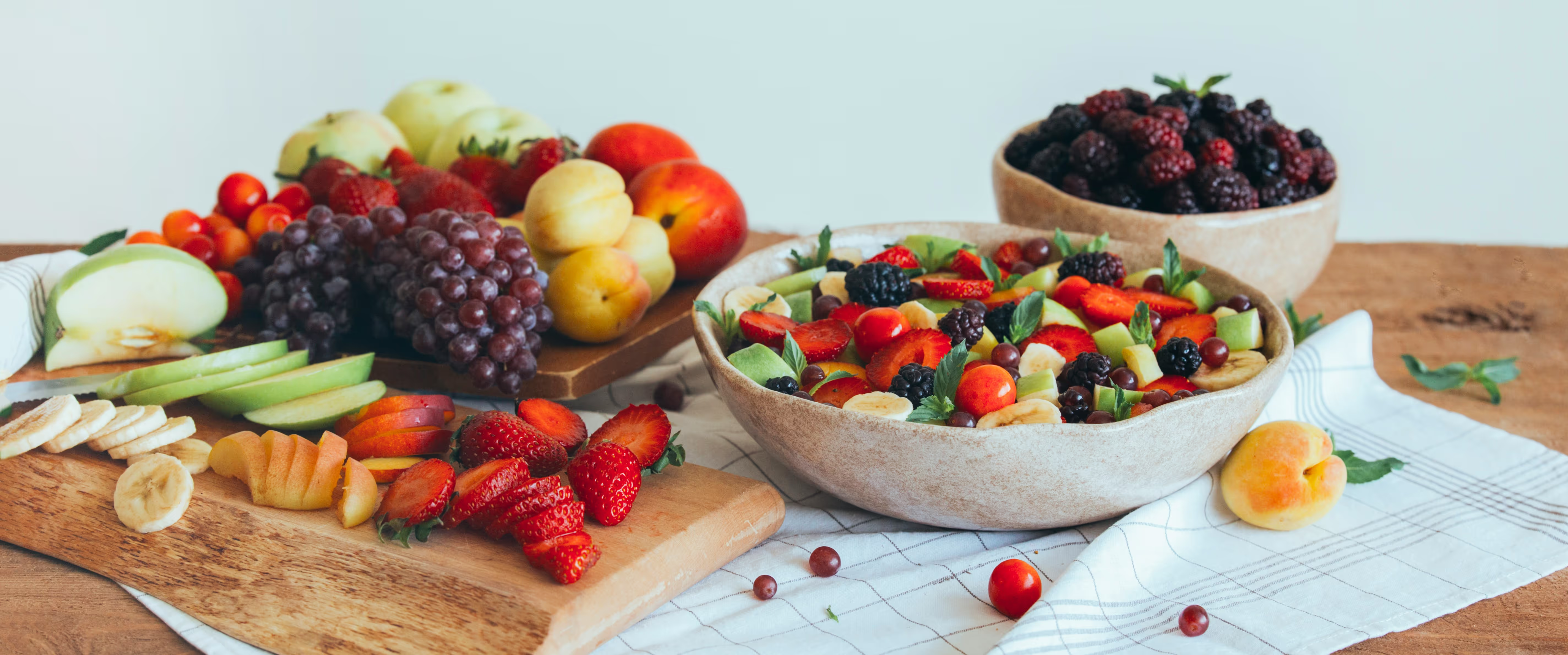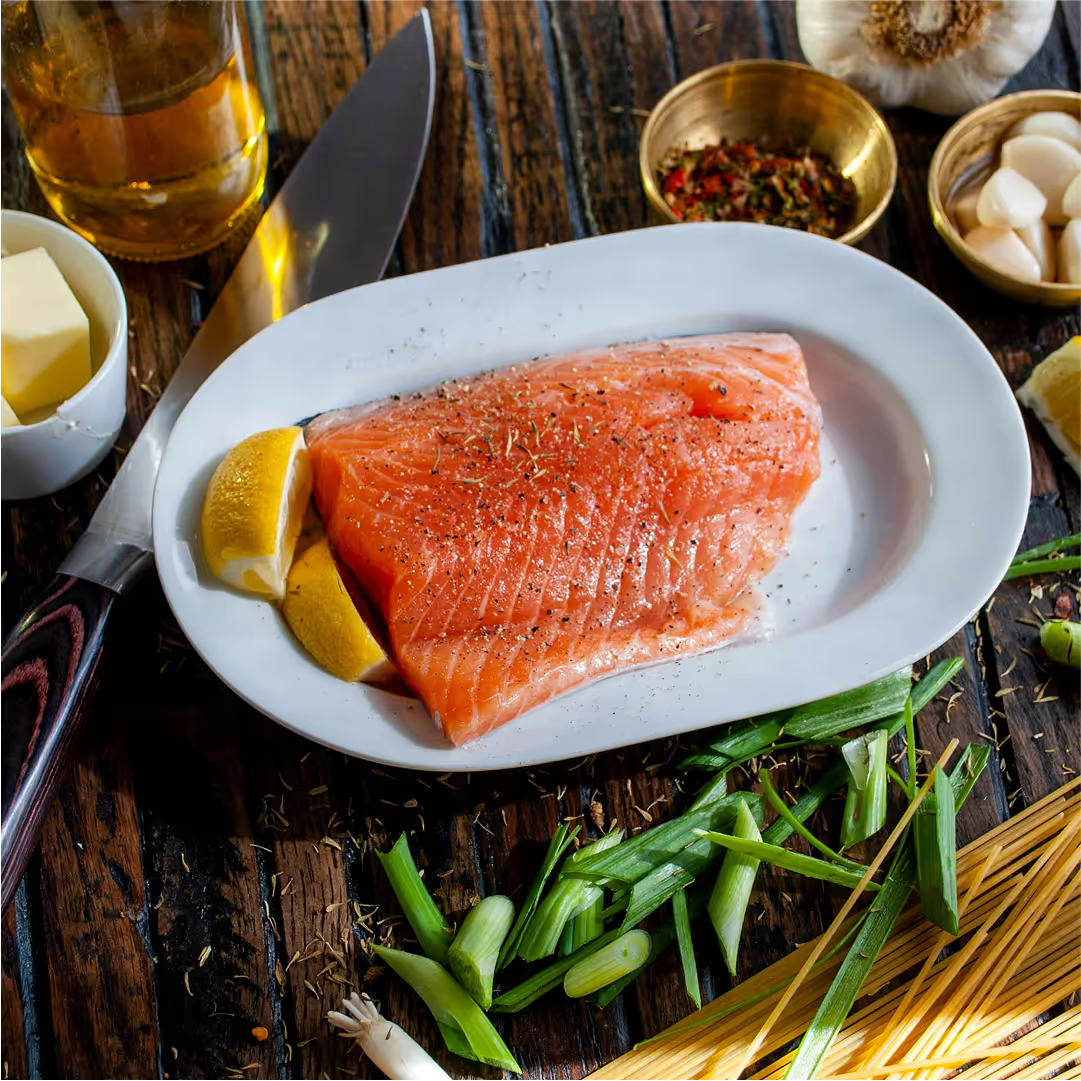How many times did you hear the phrase “eat your fruits and veggies” growing up? While there are many health benefits to consuming healthy, whole foods, usually this isn’t enough incentive to make them a regular part of someone's diet. One benefit people might overlook is that eating a whole foods based diet can be a major key to sustainable weight loss. This seems like a big enough incentive to eat those fruits and vegetables.
What Are Whole Foods?
Whole foods are any foods that are unprocessed or minimally processed. These foods are as close to their natural state as possible, do not have a ton of added ingredients or fillers, and are packed with important nutrients for the body. Some examples of whole foods include whole grains, nuts and seeds, fruit, vegetables, fish, unprocessed meat, and yogurt.
Whole Foods & Weight Loss
One very important factor to weight loss is being in a caloric deficit, meaning you are consuming fewer calories than your body is burning.
The failure of processed foods
According to the Global Wellness Institute, processed foods tend to go through alterations that “can involve the addition of sugar, salt, unhealthy fats, artificial flavors, and preservatives. In contrast, whole foods are in their natural or minimally processed state, providing essential nutrients without excessive additives.”
Because the overwhelming majority of processed foods have additives, they tend to be filled with more calories than whole, minimally processed foods. Since whole foods have fewer calories compared to most of their processed counterparts, you are more likely to stay in a caloric deficit if you make them the main source of your diet.
Volume over calories
When trying to achieve weight loss, consuming foods that have more volume for fewer calories is a key to making a deficit sustainable. This means that you should try eating foods that make you feel fuller without the added calories. Ultra-processed foods tend to be a lot more calorically dense, which means that the calories can add up quickly. For example, one slice of pepperoni pizza contains approximately the same amount of calories as a serving of ground turkey with a cup of veggies and half a cup of rice.
Not only do the calories add up quickly for processed foods, but, according to Jacqueline Kaminski from the National Academy of Sports Medicine, because processed foods are filled with things like simple sugars, “they are also digested and absorbed in your stomach very easily—meaning they will not keep you full.” Someone would likely need to eat multiple slices of pizza to feel sated, whereas the ground turkey & veggie/rice meal would make them feel fuller due to the higher volume of food.
The feeling of satiety that comes from wholefoods is due in part to the fiber content but also due to nutrients like protein, which helps keep you full and takes a lot more energy to digest, says Kaminski. Because whole foods have more volume for fewer calories as well as nutrients that lead to satiety, they are a safer bet if your goal is weight loss.
Maintaining weight loss
Once you are finished losing weight, the next part of the journey is keeping the weight off. This can sometimes be even more difficult than the weight loss phase itself. There will be a point where you will need to come out of your calorie deficit, but in order to maintain your weight loss, you cannot return to eating in a caloric surplus (eating more calories than your body is burning).
By continuing to consume a whole foods diet, you will be able to eat more food than you were in your weight loss phase, but at less of a risk of gaining the weight back compared to if you returned to an ultra-processed diet packed with excess calories.
Not only will creating the habit of eating a mostly unprocessed diet help you lose weight, but it will help keep the weight off for good!





